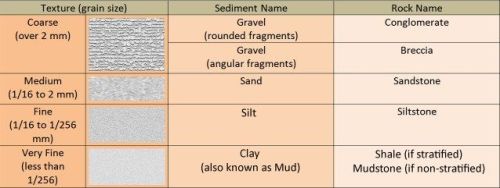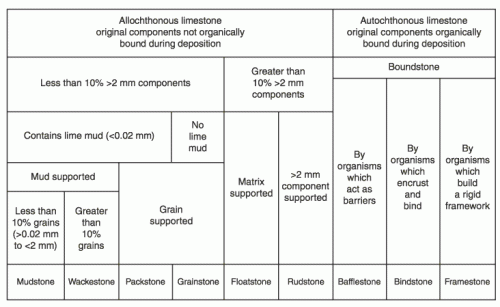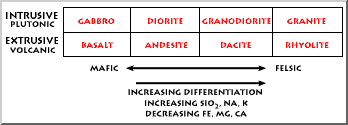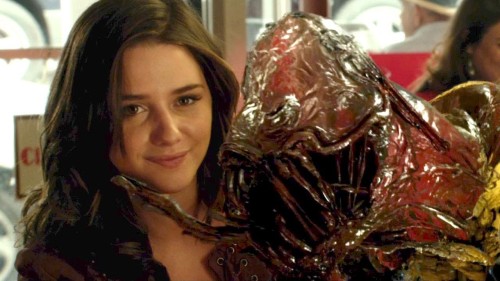Well, it seems I am back from my hiatus, and boy do I have a lot to tell you.
I am leaving my graduate school program.
There is a TL;DR version at the bottom of the post. But if you want the details, and something to think about, read the whole thing. Fair warning, this gets a little personal, so if you’re not comfortable with that, feel free to read the TL;DR version.
I know not everyone will understand why I’ve made this choice, given that I’ve been in this program for a while and I am “close” to finishing, and that’s ok. This post is not a defense of this choice I have made. It may sound like that a times, but really I just want to explain what I’ve been going through over the past year. I know some people will be curious for an explanation, and I also want this to serve as a warning to anyone considering graduate school in the sciences. That said, I am certainly not trying to talk anyone OUT of going to graduate school. Rather, I am trying to tell you to follow your dreams, as unexpected as they may come about, for your own happiness, not for anyone else’s. It may sound selfish, but I have learned that essentially torturing yourself because you think it will make someone else happy is a terrible way to live your life. It took me a horrible year of graduate school (I am now 2 and a half years into my program as I write this) to figure this out, so hopefully I can help others figure this out sooner.
There are many reasons why I have made this choice, but I’m only going to talk about a few of them that may be relevant to other people struggling with a similar situation.
Let me start by stating that I don’t really like doing research, particularly laboratory/computer-based research. This is something I learned mostly while in the process. Data collection can take a really long time to generate and then analyze. Some people love that. Turns out I’m not one of them. No one really warned me about HOW tedious research can be, and it’s the kind of thing you can’t really understand until you’ve tried it for yourself. I also really rely on structure in my life. Term projects, like those I experienced in my undergraduate science courses, are completely different from masters theses or PhD dissertations. They’re smaller, they have concrete deadlines, rather than the sort of nebulous “when will I have done enough to wrap this up into a manuscript” deadlines of graduate school theses/dissertations. I hate never really knowing when enough is enough until you’re past it. There is a lot of uncertainty in research that really doesn’t work for me. It took me actually doing a TON of this type of research to figure out that I really don’t like it. That said, if you love research, by all means go to graduate school and do a big research project. I’m just saying, it’s not for everyone, and it’s not for me. There are also some programs that don’t have thesis projects attached. I almost went to one. But those non-research advanced degrees generally don’t pay you to do them (I’ve been paid as a teaching assistant the whole time I’ve been here).
The main takeaway here is that if you are thinking about graduate school, ask a LOT of questions about how the process usually works. Be very inquisitive. Tell people to be honest with you about what the experience was like for them. Ultimately, the graduate school experience should be a good one, even if it’s really difficult. If you’re in the middle of it, and you’re miserable all the time, consider trying something else.
Another reason that I’ve decided to leave the program is that I have this problem where I want to make everyone happy. My anxiety problems all stem from this one core aspect of myself that I am trying to change, because in reality – no one can make EVERYONE else happy. Someone will always wind up disappointed or angry or sad or whatever. For the past year, that someone has been me. It’s exhausting and unsustainable, especially when I now know what I want to pursue as a career goal, and it doesn’t require this degree. But I was so focused on doing this because I thought it was what other people wanted for me, that I ignored how miserable I was trying to do it.
Here is a request for all parental-figure-types (parents, grandparents, advisors, etc.): Please don’t pressure your children to go to graduate school. Tell them they have all the options in the world. Encourage them to make the right decisions for themselves, what’s best for THEIR lives and career goals, things THEY want out of life. Emphasize that you will be ok with whatever they choose – that you will support them and love them regardless. Just, be careful how you phrase things when you’re inquiring what your children are going to do with their lives, especially if you hope they go to graduate school. And remember, money isn’t everything.
I don’t want to go into too many details about what I’ve been dealing with, but I would like to share this comic that someone made that explains anxiety PERFECTLY. So if you don’t have any kind of anxiety problem, please read this to better understand what people like me are going through.
In my case, it’s mostly bad reactions to situational triggers. Right now, the trigger is my thesis. I’ve tried a lot of different things over the past 6 months to manage this, but nothing has really worked because this situation I’m in is really difficult, and it’s no longer something that I want or care much about. I know graduate school is difficult – it’s difficult for most people, and all graduate students are stressed out more often than not. But sometimes you reach a point where it’s not worth it anymore, and that point will be different for everyone.
For me, that point was when I realized my anxiety was beginning to cause depression and had started to affect my physical health. I lost 10 pounds in the last 6 months simply because I’ve been too stressed out and anxious to eat properly. My weight hasn’t been this low since at least high school. After a particularly stressful weekend, I developed a cold thanks to my anxiety-weakened immune system.
It’s taken me a really long time to be comfortable with the idea of leaving my degree program. I’m not a quitter. Plus, as a society we have this really weird attitude about quitting a particular career path, even if it’s not what we want and we’re really unhappy. News flash: the world doesn’t end when you quit a job, and it doesn’t end when you quit graduate school.
The highlight of my experience here in graduate school has been being a teaching assistant. Teaching is the most rewarding part of the whole gig for me, and I mostly teach freshmen. So, when my dad and I went hiking last September and he asked me if I’d thought about teaching high school science, it didn’t seem like much of a stretch. The more I thought about it, the more appealing it became. I spent random hours looking into how to get certified to teach. I read my evaluations from past students from the last few semesters – and the reviews were overwhelmingly positive. Teaching gives me a sense of purpose, it makes me feel like I’m actually making a difference in the world, encouraging students to think critically, to get excited about science, to perhaps pursue science in their future, or at least learn something useful. The idea to teach science at the secondary level feels like the most natural choice I’ve ever made in my career path. Writing a research thesis just doesn’t feel right anymore. But you know, if I’d never gone to grad school, I wouldn’t have realized I loved teaching so much, so…
This January I will be packing up my life and moving on to the next adventure. I’m going to spend the next year and a half earning my teaching certification in Wisconsin, and then I’ll hopefully land myself a fun job teaching science in a Washington high school. I’m hoping that as I go through this, Earth Science will grow in popularity in schools (it’s already starting to), and I can be a part of teaching students more about my favorite topic of science. Once I get my footing I’ll pursue some kind of teaching-related masters degree, but for now I’m taking it one step at a time.
TL;DR version:
I quit graduate school (working to earn my MS degree) for many reasons, but mostly because it was severely affecting my mental health with anxiety and depression, which had begun to affect my physical health as well, AND I don’t really care about the project or the degree anymore. This is no longer the path I wish to follow, and since I’ve been here I’ve learned that I really enjoy teaching science, and I would like to pursue that at the secondary education level. I’m going to Wisconsin at the end of the month to begin an alternative routes to teaching certification program, which will end with my certification to teach science in high school or middle school. I then plan to take my certification back to Washington and fill one of the MANY STEM field teaching vacancies (preferably at a school that wants to teach Earth Science).



























